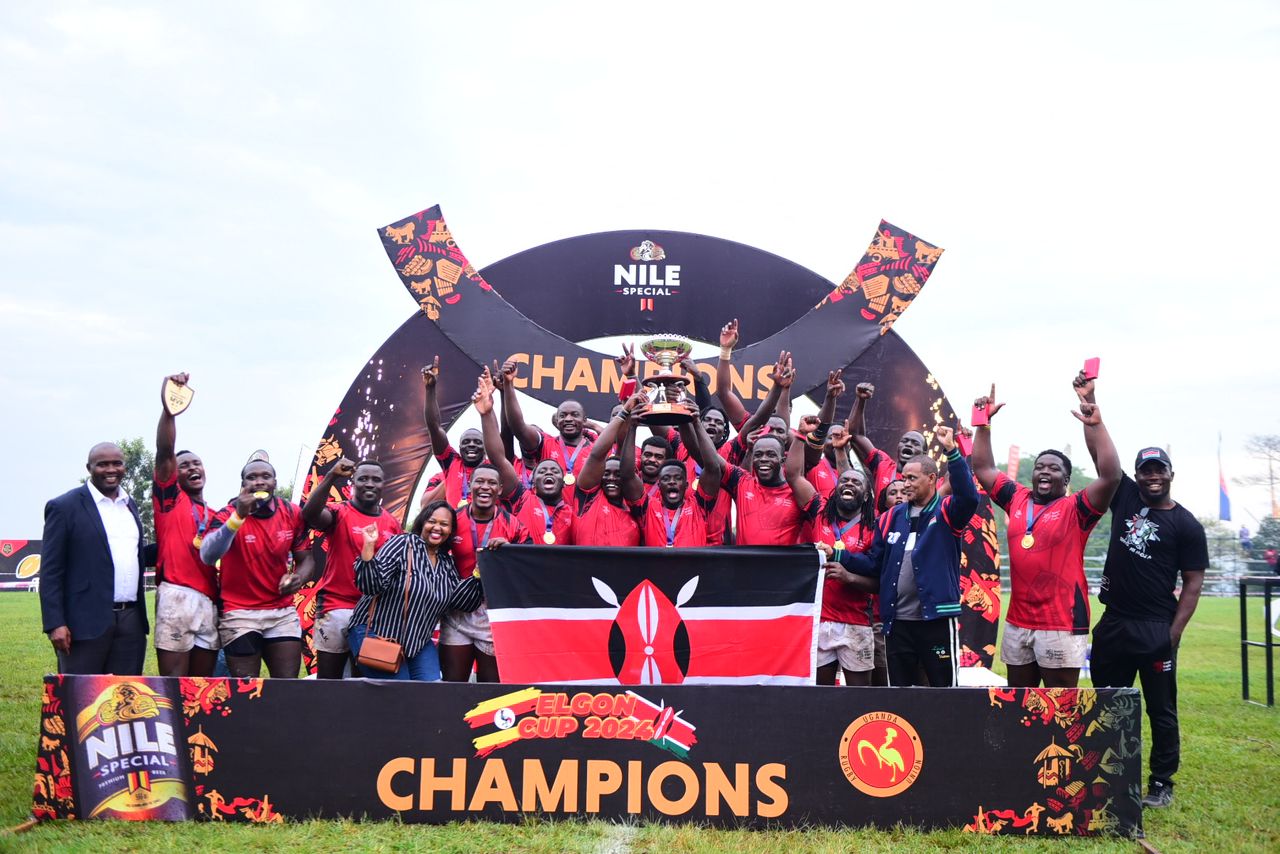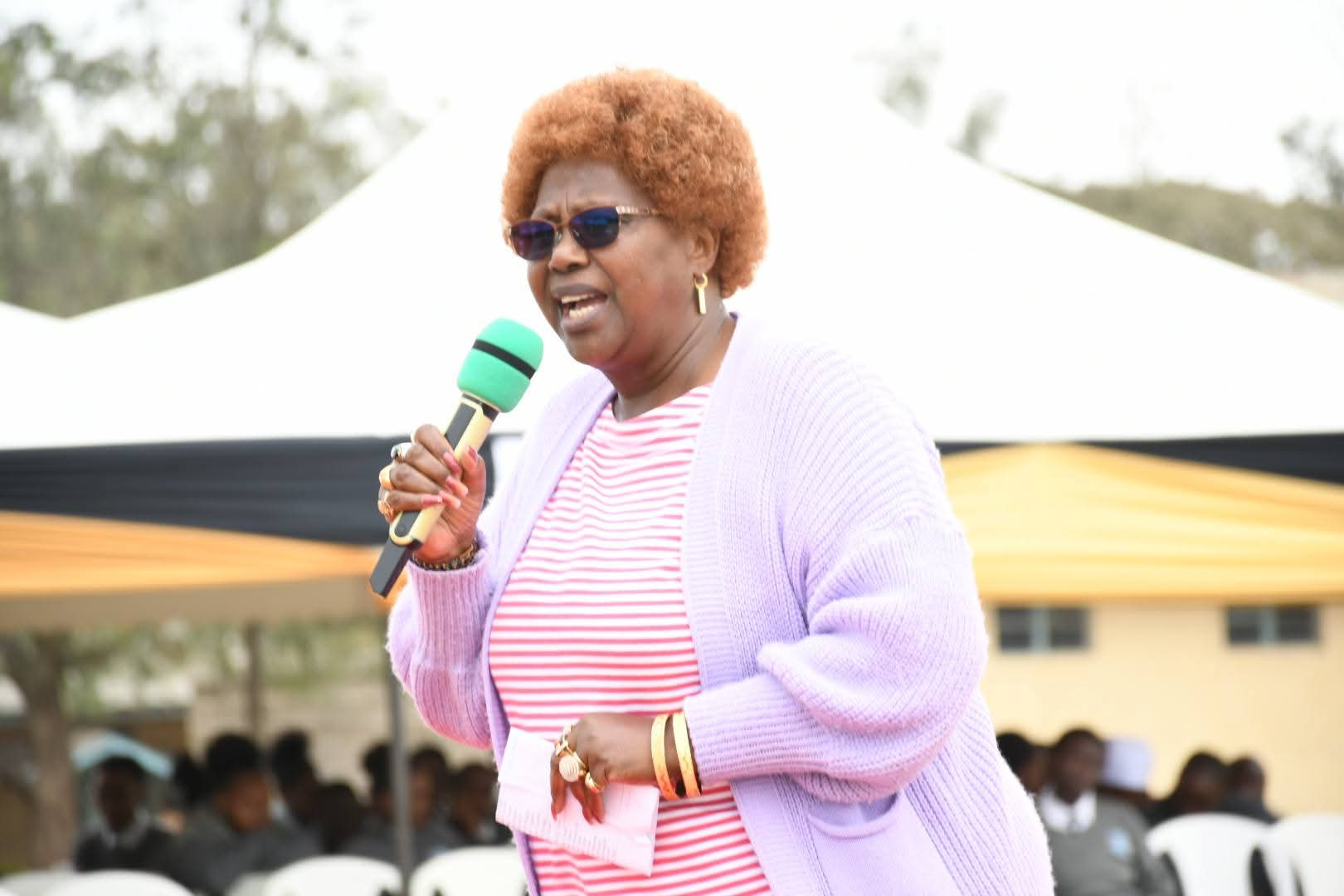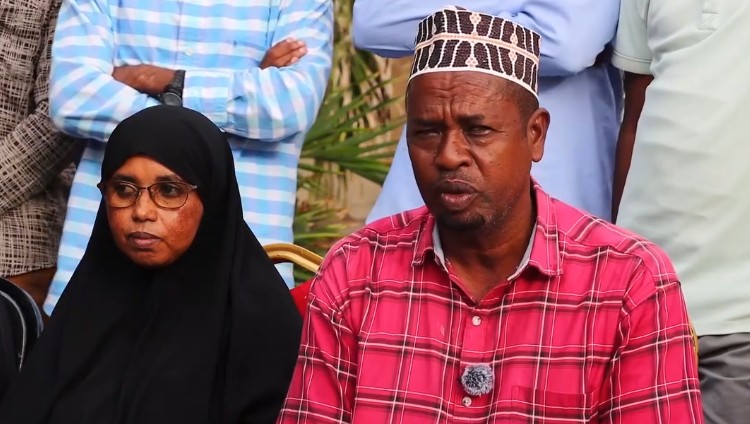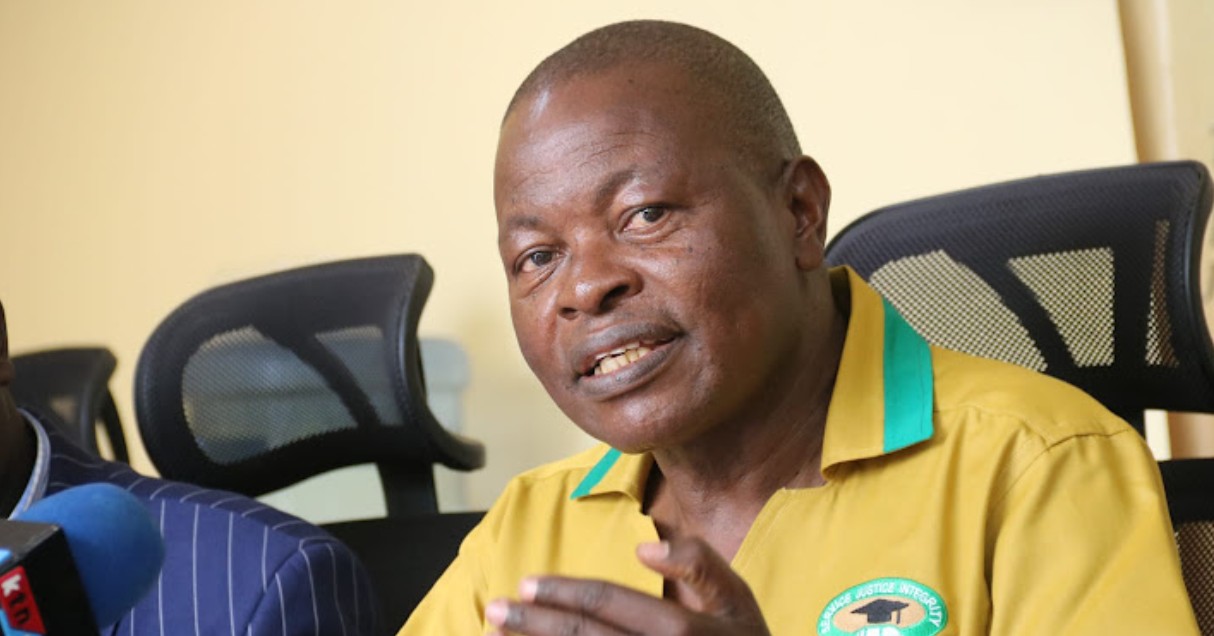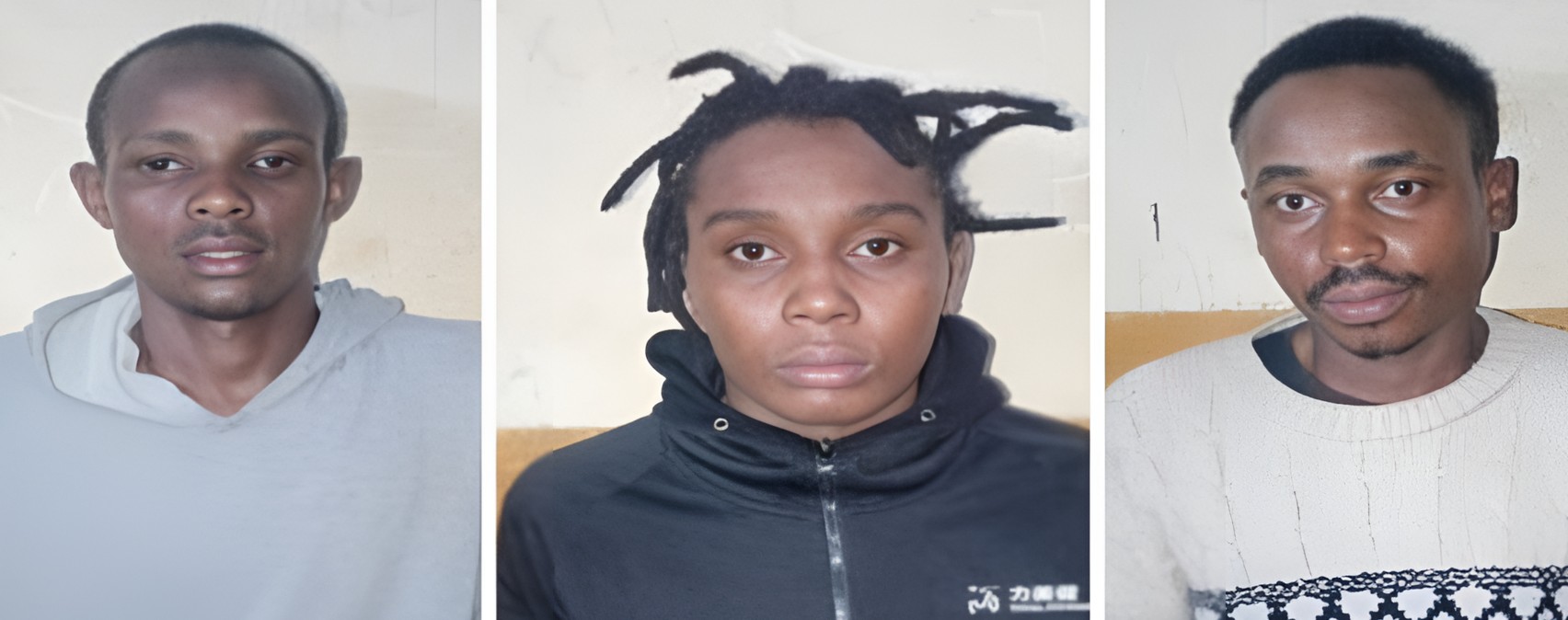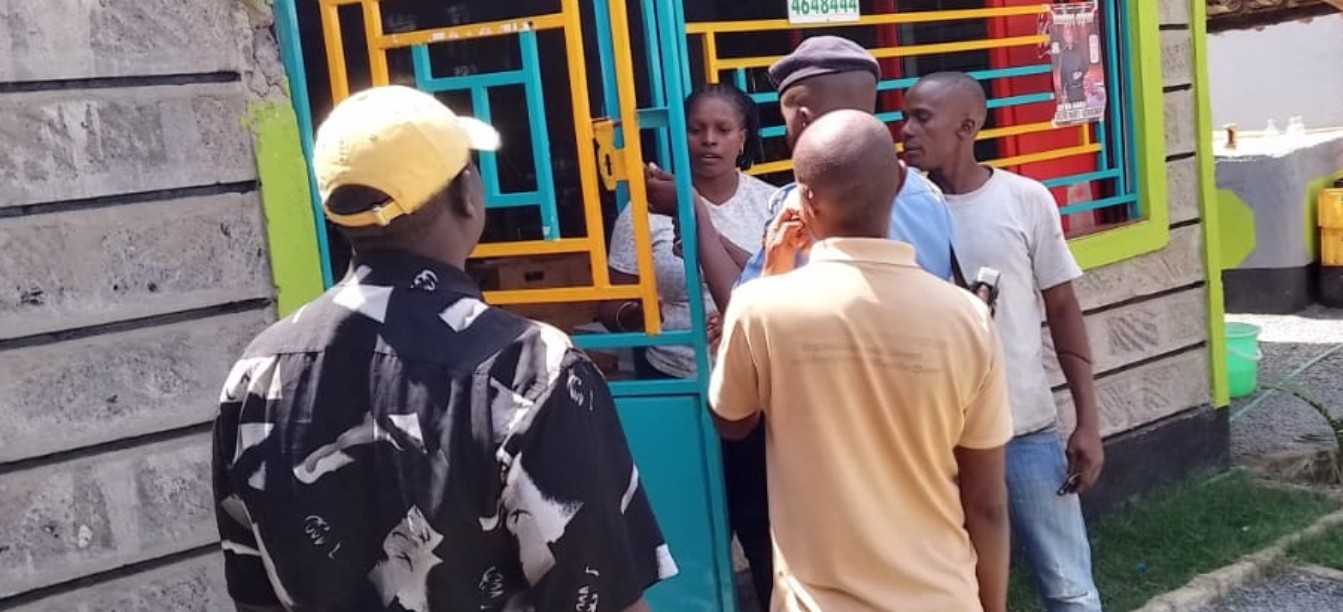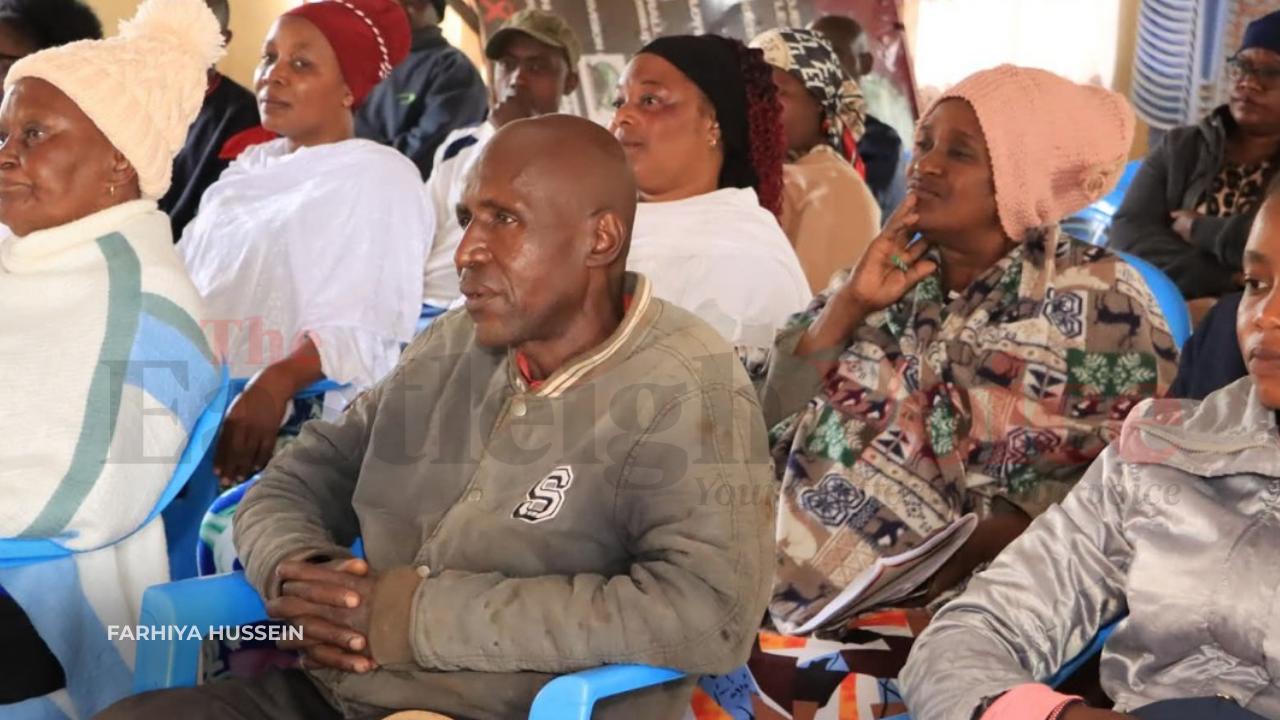IEBC says 2027 polls will be illegal without boundary review
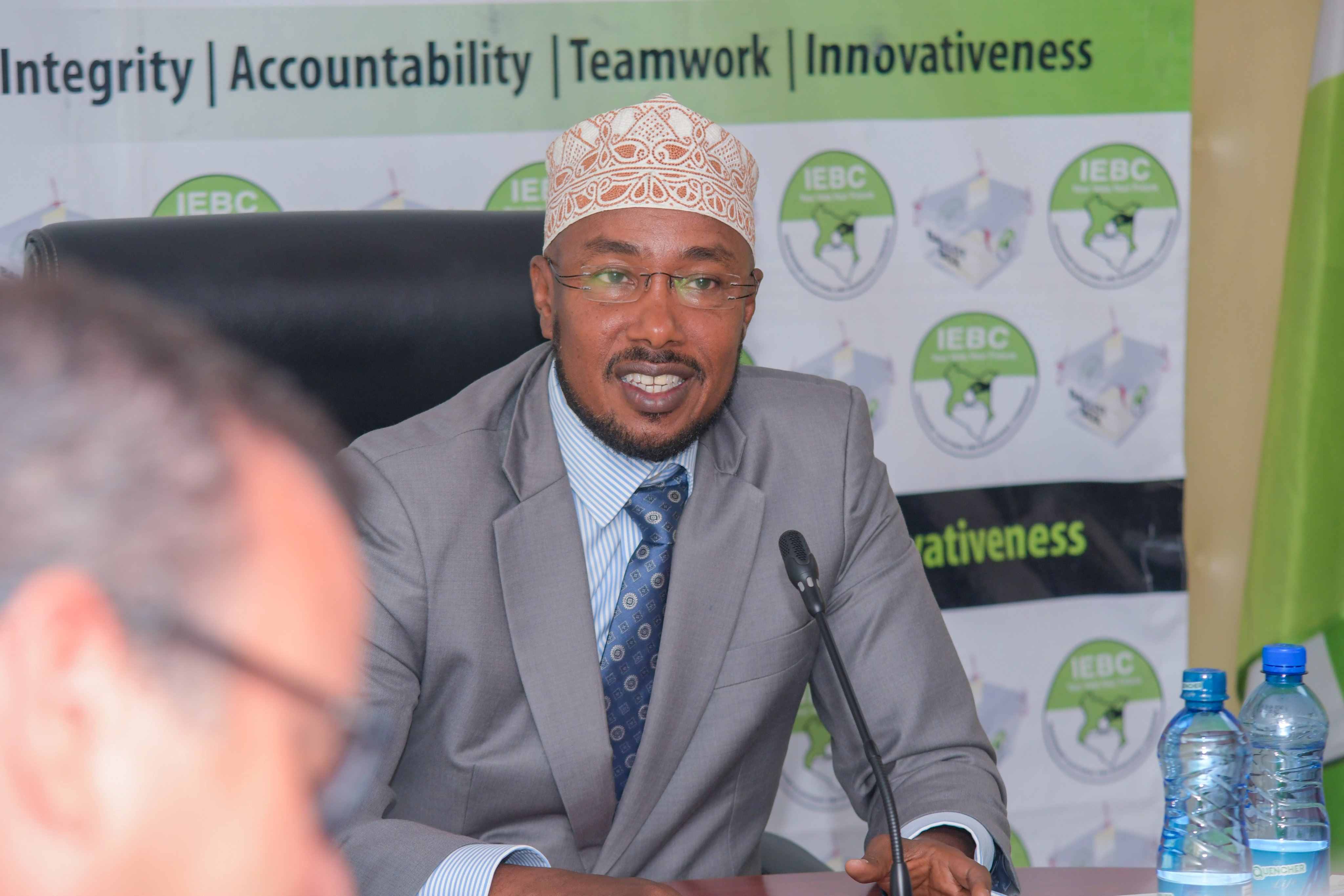
IEBC lawyer George Murugu, responding to concerns raised by Supreme Court judge Njoki Ndung’u, stated that the effect of ignoring the delimitation exercise is far-reaching.
The Independent Electoral and Boundaries Commission has told the Supreme Court that holding the 2027 General Election without reviewing electoral boundaries would be unconstitutional and could invalidate the entire process.
The commission, through its lawyers, admitted that the legal deadline for the exercise had already passed.
More To Read
- Kenya's democracy, future in IEBC's hands - CJ Koome
- High Court to rule today on legality of Ruto's IEBC nominees
- IEBC on brink: Commission CEO risks jail over Sh441 million unpaid legal costs
- Over 60 tenders issued by IEBC since 2023 despite leadership vacuum - report
- Court stops gazettement of President William Ruto's seven IEBC nominees
- IEBC faces Sh3.8 billion pending bills as it prepares for 2027 General Election
However, it argued that skipping the boundary review would lead to an election that lacks credibility and exposes the results to legal challenge.
IEBC lawyer George Murugu, responding to concerns raised by Supreme Court judge Njoki Ndung’u, stated that the effect of ignoring the delimitation exercise is far-reaching.
“Justice Njoki Ndung’u asked a very, very serious question. Does it mean that, without the delimitation exercise being carried out as ordered by the Constitution, and the timelines having passed, it will affect the legitimacy of the 2027 result? My answer is yes,” Murugu said as reported by the Standard.
Judge Njoki’s question followed the commission’s admission that the last delimitation of boundaries took place in March 2012, meaning the constitutional requirement to review them every eight to 12 years has already been violated.
IEBC’s other lawyer, Edwin Mukele, suggested the commission should be allowed to complete the process by July 2026.
He argued that failing to meet this deadline would have a cascading effect on the entire electoral process, including voter registration, auditing, and inspection of the voter register.
“If IEBC is not allowed to review the boundaries, there will be a ripple effect. The election requires delimitation of the boundaries. The product of the delimitation means there will be a lot of transfer of voters, audit and inspection of the register, and that is an extreme matter for this court to consider as the election is around the corner,” Mukele said.
He further noted that relying on outdated census figures tied to the current boundaries would lead to unfair representation and deny citizens equal development opportunities after 2027.
The judges questioned why the IEBC had waited until the last minute. Justice Isaac Lenaola took issue with the legal request filed by IEBC CEO Marjan Hussein Marjan, questioning whether the Supreme Court was being asked to legalise a breach of the Constitution.
“The breach is continuing, and by the court extending the timelines without the mandate of the Constitution, are you asking the court to breach the Constitution itself?” asked Justice Lenaola as quoted by the Standard.
He added that the situation had been made more complicated by High Court Judge Lawrence Mugambi’s ruling that halted the vetting of President William Ruto’s IEBC nominees.
Deputy Chief Justice Philomena Mwilu also questioned the Attorney General’s position in the matter.
She asked whether the AG was playing both sides, noting that previous advice to the IEBC had encouraged the commission to seek the court’s guidance.
Principal State Counsel Odiwour Kaumba, representing the AG, said the office had advised Marjan not to file suit on behalf of the commission, as it lacked a full panel of commissioners. She stated that the timelines for delimitation were fixed in law and had already lapsed.
She told the court that under the law, no boundary review can take place unless all seven commissioners are in office. The current vacuum, according to the AG, renders the entire process void.
The AG’s position, however, contradicts that of her predecessor, Justin Muturi.
In April 2024, Muturi told Marjan that failing to carry out boundary delimitation within the required period would open the IEBC to lawsuits and allegations of violating the constitutional right to fair representation.
He also advised that only the Supreme Court could issue authoritative guidance on how to proceed in such a scenario.
Marjan said that after receiving Muturi’s letter, the commission had no option but to seek the court’s opinion.
He warned that Kenya risks going into its second election cycle under the 2010 Constitution without updated boundaries, which would lead to unfair and unequal representation in all 1,882 elective positions.
“As things stand now, the process is yet to commence since IEBC has no commissioners in office apart from deskwork which was conducted by the secretariat and the now retired commissioners,” Marjan said.
Top Stories Today
